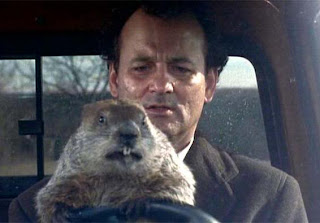Where does wildlife go when it gets sick?
N.C. Wildlife Centers
We have many centers across the state that rehabilitate injured wildlife. Some of these centers have outreach programs to educate school groups and the public about their mission and North Carolina wildlife. Here are a few below:
Carolina Raptor Center, Huntersville
Get up close and personal with live raptors such as hawks, falcons, owls, and vultures. The Carolina Raptor Center dedicates their mission to the conservation of birds of prey through education, research and rehabilitation of injured and orphaned raptors. They reach over 40,000 school kids per year and have special events geared towards families throughout the year.
Upcoming Events: The third Thursday of every month, they will have Coffee Talks from 7pm-8:30pm for families to learn about environmental education topics and participate in art activities.
The Piedmont Wildlife Center, Durham
If you ever run across an injured or orphaned wild animal and you live near the Triangle, call the Piedmont Wildlife Center. They have a network of home wildlife rehabilitators and veterinarians to get the animal the help it needs. In addition, they also over environmental education programs to school groups and the public. Check out their day camps offered to kids ages 4-14!
Outer Banks Wildlife Shelter, Newport
 |
| Photo from Outer Banks Wildlife Shelter |
Noteworthy: Paul Rudershausen is currently peddling his way on a transcontinental bike ride across America in support of the Outer Banks Wildlife Shelter. Follow his journey here.

















